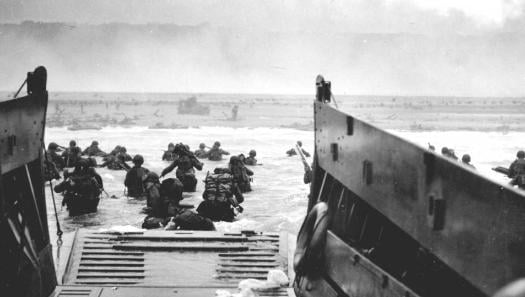Military & Veterans News
Vet News: Web Site Educates About Hiring War Vets
Jason Straziuso, Associated Press Writer

WASHINGTON - They survived war, but for some Iraq and Afghanistan Veterans going to work back home isn’t easy, either.
An estimated 300,000 from the two wars have returned home with mental health problems, so-called invisible wounds, and about the same number suffered head injuries, according to a private study from the RAND Corp. think tank. Associated problems can include depression, flashbacks, irritability, headaches and short-term memory loss.
For those in the National Guard and Reserves, returning to a civilian job at a workplace such as a bank or firehouse can be difficult as they make the transition back while trying to cope with new issues. Also, some Veterans have complained they can’t find work after they leave the military because employers are hesitant to hire them.
Starting Wednesday, the Labor Department is making available to current or potential employers resources to help them better understand the mental health issues Veterans may face. It is rolling out a Web site, America’s Heroes at Work, and has created a toll-free number, 800-526-7234, for employers with questions.
One of the messages of the initiative is that many of the Veterans’ symptoms are either manageable or will go away with time. Another message is that small changes, such as scheduled rest breaks for a veteran with a traumatic brain injury, can make a big difference.
The effort was praised by Veterans groups, which say a lingering stigma about Veterans and mental health keeps some of them from getting jobs.
"Those injuries are something that can be accommodated," said Ryan Kules, 27, an injured Iraq veteran and former Army captain who coordinates the "warrior-to-work" program at the nonprofit Wounded Warrior Project.
Last year, a presidential commission recommended that the Defense Department and Veterans Affairs Department aggressively work to prevent, diagnose and treat Veterans with traumatic brain injuries and post-traumatic stress disorder — signature wounds of the Iraq war.
Traumatic brain injury is a blow or penetrating injury to the head that disrupts brain function. Post-traumatic stress disorder is an anxiety disorder that can develop in response to an extreme event.
One of the best ways to help the vets "is to help them return to full, productive lives through work," said Labor Secretary Elaine Chao. "Employment can also play a role in their recovery."
SOURCE: Yahoo News


